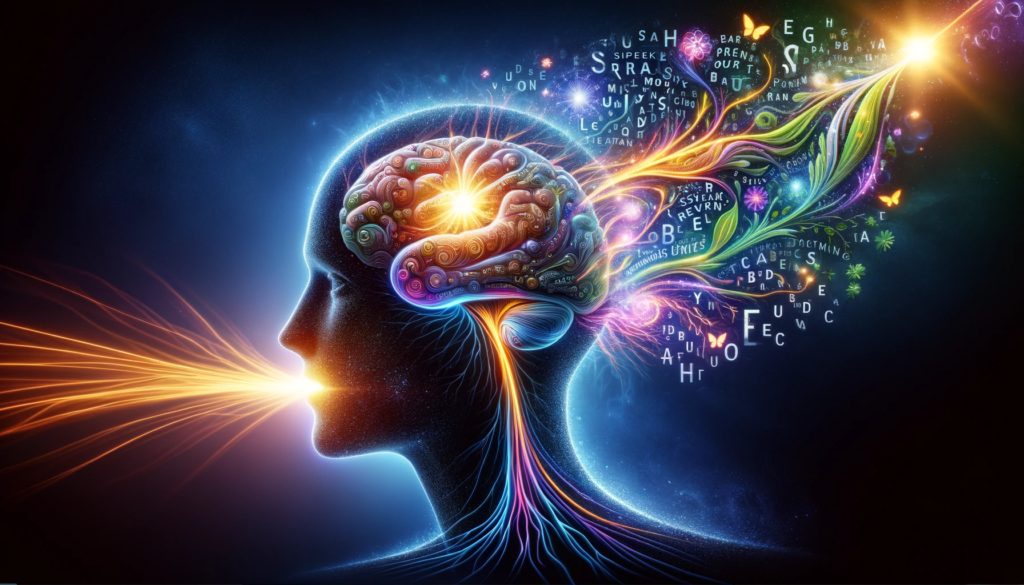
Introduction
In a world where words circulate with unprecedented speed and volume, it is vital to acknowledge the profound impact they have on our lives. In the article “Transformative Influence of Words: A Path to Conscious Communication and Personal Growth,” we explore the power of words not just as tools for communication but as catalysts for significant changes in our brains, emotions, interpersonal relationships, and personal development. This article offers a journey through the universe of words, highlighting how the careful choice of our language can transform the way we interact with the world and ourselves. Join us in this exploration of language, where each word counts and every sentence has the power to shape realities.
The Influence of Words on the Brain and Human Relationships
Words are not merely tools for communication; they have the power to shape our psychological and emotional reality. Neuroscientific studies show that positive words can activate brain areas associated with well-being and motivation, while negative words can stimulate regions linked to fear and anxiety. In the context of human relationships, words of encouragement and affection strengthen bonds, promote trust and empathy, while harsh words can cause significant emotional harm.
The Effects of Words on Mental and Emotional Health
The choice of words in everyday life directly impacts our mental and emotional health. Positive words can lift spirits and strengthen self-esteem, while negative words tend to demotivate and depress us. Developing the ability to express oneself positively is crucial for maintaining emotional balance and nurturing healthy relationships.
Right Speech in Buddhism: A Guide to Conscious Communication
Within Buddhism, Right Speech is one of the paths to enlightenment. This practice involves communicating in an honest, kind, and beneficial manner, respecting the dignity of others and promoting understanding and harmony. It involves avoiding lies, gossip, or any form of harmful speech.
The Role of Communication in Conflict Resolution and Promoting Harmony
Effective communication is essential for resolving conflicts. Techniques such as active listening and the clear expression of feelings and needs can help ease tensions and find mutually beneficial solutions. The ability to communicate well underpins healthy relationships in all areas of life.
Meditation and Mindfulness: Tools for Enhancing Awareness in Communication
Meditation and mindfulness aid in developing awareness of the words used and their impact. These practices promote reflection before speaking, allowing the choice of words that reflect true intentions and personal values.

Personal Development Through Positive Language
Positive self-talk is a powerful strategy for personal growth. Engaging in positive internal dialogue helps overcome insecurities, strengthen self-confidence, and motivate goal achievement. The words used in our minds directly influence our self-image and ambitions.
Conclusion: Integrating Conscious Communication into Life
Integrating conscious and positive communication into everyday life is key for personal development, maintaining healthy interpersonal relationships, and fostering a more harmonious and empathetic society. By actively practicing the choice of words that build up and respect, we contribute to creating an environment where mutual understanding and empathy thrive. This not only improves our own lives but also has a positive ripple effect on the community and the world around us.





